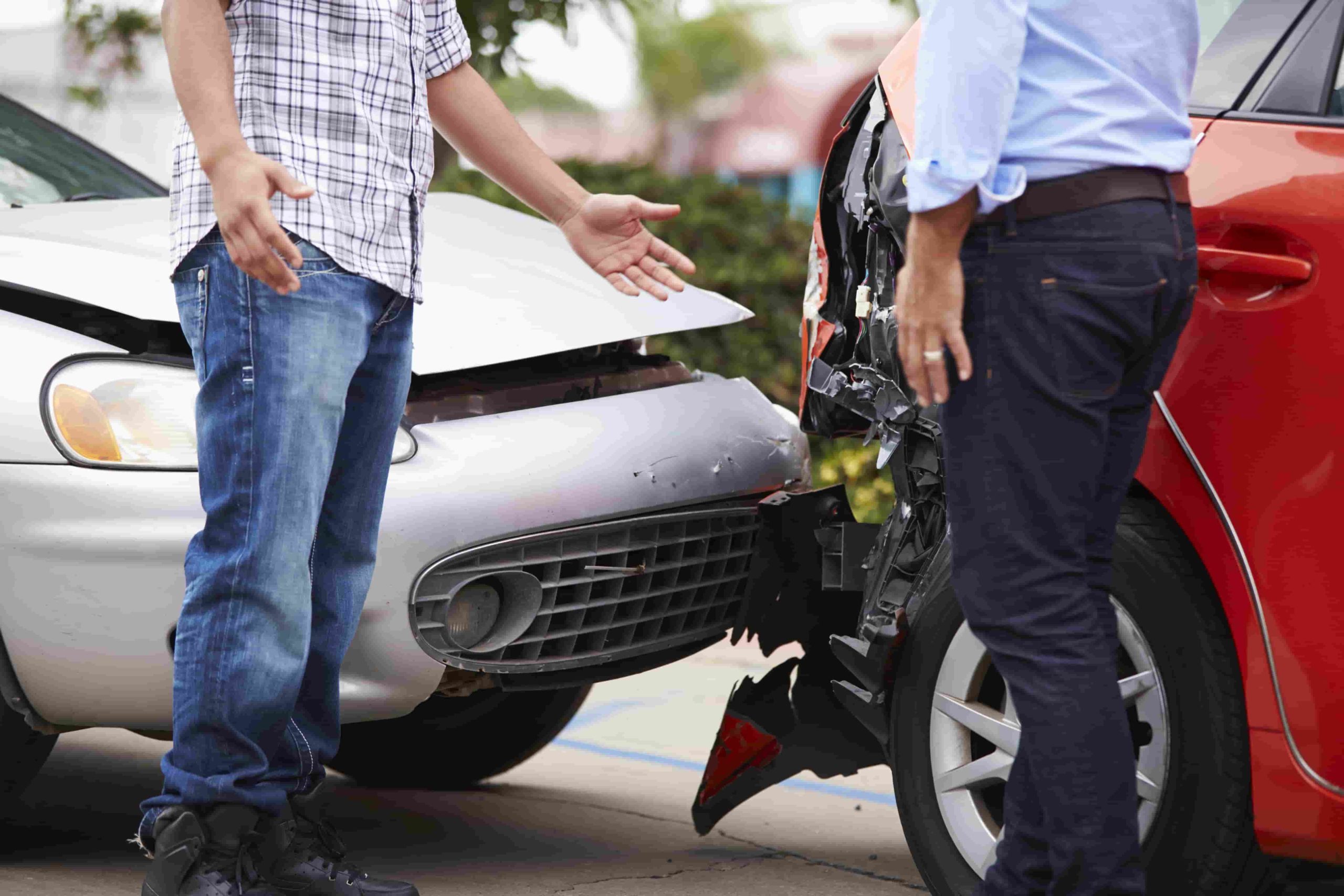
If you have been injured by another driver’s negligence, you need just compensation in order to pursue your most complete recovery. If you already have another accident under your belt, you may be wondering if accidents on your driving record can affect your injury claim, and the answer is complicated. Your current claim will be based on the facts involved, which means that your past driving record shouldn’t be relevant, but you can rest assured that the insurance company handling your claim will see things differently (and is likely to make a lot of noise about it in the process). The best course of action in this difficult situation is to work closely with an experienced Austin car accident lawyer.
What’s in This Guide
- You Are Entitled to Compensation
- The Insurance Company’s Stance
- A Note on Fault
- Your Losses
- A Final Note on the Insurance Company
You Are Entitled to Compensation
Every car accident claim is predicated on the facts on the ground. If the other driver’s negligence caused the accident that left you injured, you are entitled to compensation for the losses you experience (damages in legal terms). Past negligence on your part is not proof of current negligence on your part, and your current car accident claim should be based entirely on the unique circumstances involved – as supported by all relevant evidence.
The Insurance Company’s Stance
The insurance company can use any prior accidents on your record to paint your claim and you in a certain light that may affect how the jury determines your current case – or can affect your negotiation power during your current settlement talks. It’s important to remember, however, that when you have a solid claim that is based on solid evidence, which highlights the other driver’s negligence in the current situation, you shouldn’t let the insurance company use references to a prior accident on your record to bully you into bending to its demands. This is a situation in which it’s important to stick to the (relevant) facts.
Nevertheless, the insurance company may point to the prior accident for all of the following reasons:
- To demonstrate that you have a history of unsafe driving
- To bolster its claim that you share fault for the current accident (or that you are more at fault than the other driver is)
- To suggest that your current injuries were caused by the earlier accident
It’s important to note that the insurance company that is handling your claim does not have final authority when it comes to how the matter will be resolved – the law does. And if the insurance company refuses to negotiate in good faith – based on the facts of the current claim rather than on your past record – you have the right to file a lawsuit against it. The vast majority of car accident claims are settled out of court, and the very act of filing your claim may be enough to give the insurance company sufficient pause to return to fair negotiations.
A Note on Fault
The State of Texas is not a no-fault car insurance state. In no-fault states, any party who is injured in a car accident turns to his or her own no-fault insurance coverage to address the losses he or she experiences – regardless of who is at fault for the accident. In Texas, however, things work differently. If you are injured as a result of another driver’s negligence, you’ll turn to his or her insurance provider to compensate you for your covered losses. If you share fault for the accident that leaves you injured, you may think you have no legal recourse when it comes to compensation, but this isn’t necessarily the case. As long as the percentage of fault assigned to you is not more than 50 percent, you can seek compensation for the percentage of fault that the other driver is deemed to bear. Determining fault in car accidents is complicated, but the process is based on examining the unique facts involved and calculating fault accordingly.
If, for example, you are determined to be 10 percent responsible for the accident that caused you to be injured – due to the fact that you were speeding slightly when a driver who was distracted by his phone plowed into you in the intersection – your compensation will be reduced by that ten percent. The fact that you share fault, however, will not bar you from recovering compensation for your losses altogether.
Your Losses

The losses that are covered in Texas car accident claims include all the following:
- Property damage to your vehicle
- Your related medical bills (current and ongoing)
- Your lost income, including any decrease in earning potential
- Your physical and psychological pain and suffering
Once fault is established – in accordance with the available facts and not in response to a past accident on your record – you will negotiate for fair compensation that addresses your complete damages.
A Final Note on the Insurance Company
While it’s true that the outcome of your claim will be based on the law and the involved facts, this does not mean that the insurance company will refrain from running with any past accidents you have on your record – in an effort to gain whatever leverage it can. Even if the information only serves to shame you, it can wear away at your resolve to stay the course and continue negotiating for just compensation. The best practice is leaving the insurance company – and its antics – in the very capable hands of your experienced car accident attorney while you focus on your physical and emotional recovery.
[RELATED ARTICLES]:
- Can I Recover Compensation if I Get Injured in an Austin Brake-Checking Accident?
- Using a Vehicle’s Black Box to Help Prove Liability for an Austin Car Crash
You Need an Experienced Austin Car Accident Attorney on Your Side
Are you wondering if accidents on your driving record can affect your injury claim? If so, you’ve come to the right place. The seasoned Austin car accident attorneys at The Patel Firm are well acquainted with the practices that insurance companies get up to, and we have the legal skill and keen focus to get you the compensation you deserve. Your claim is far too important to leave to chance, so please don’t hesitate to contact or call us at 361-400-2036 for more information today.